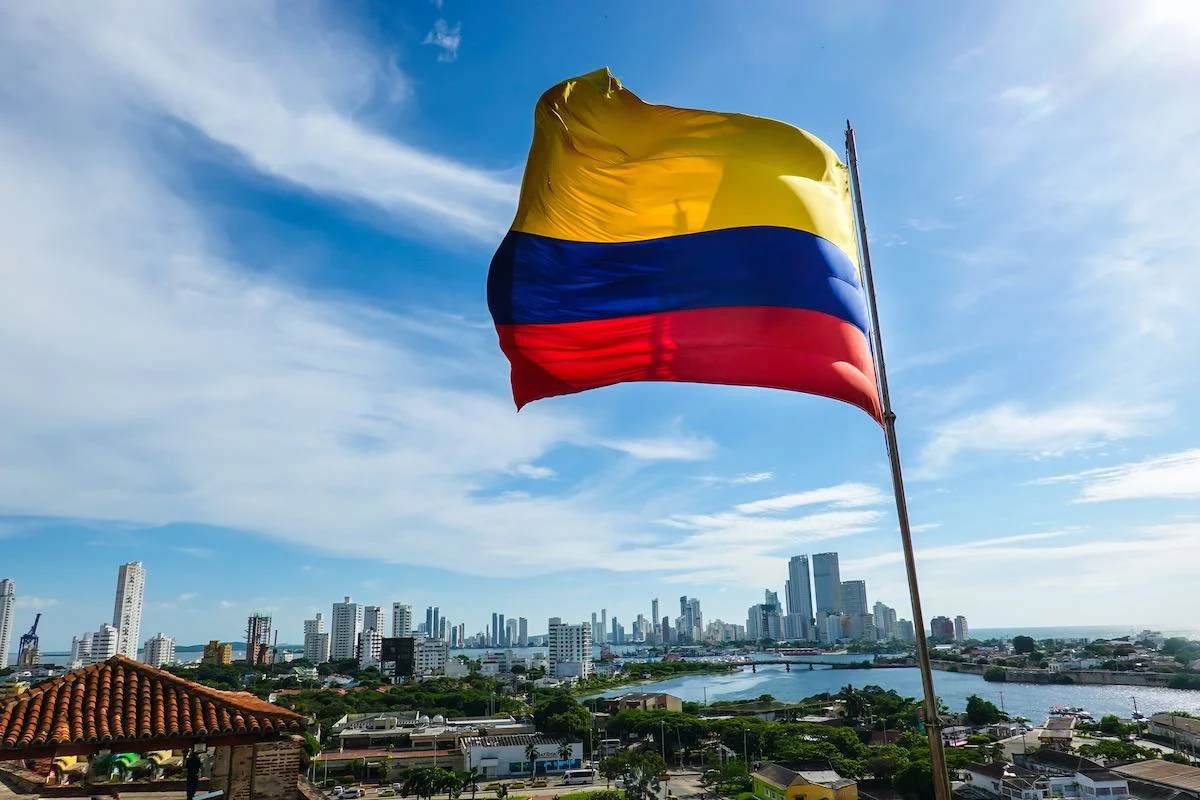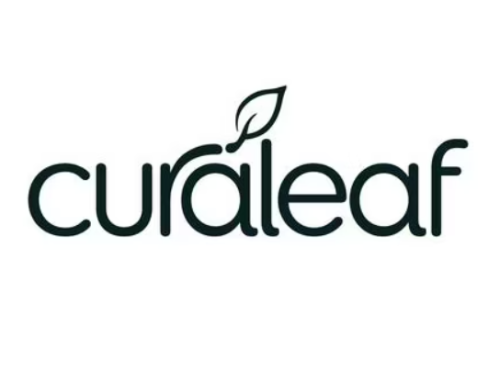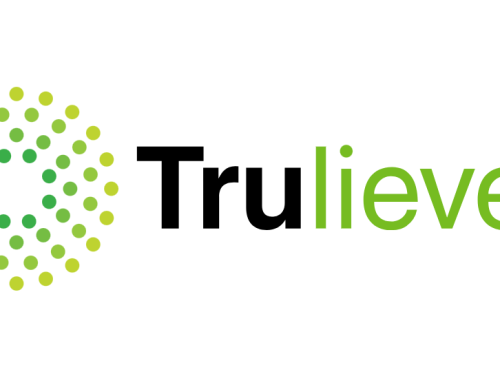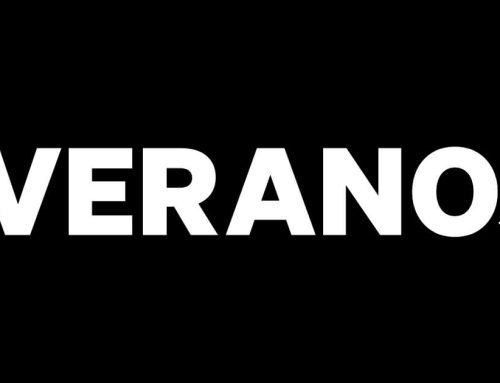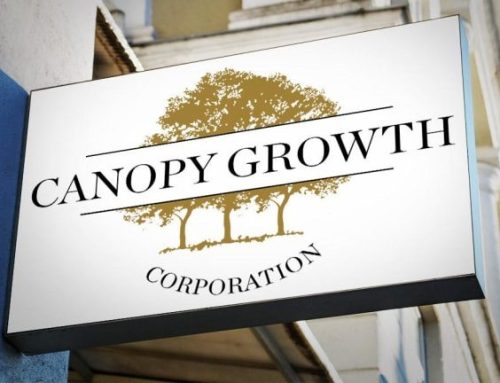Colombia’s Medical Cannabis Exports Surge to $10.8 Million Amid Regulatory Enhancements
BOGOTA- In a notable advancement for Colombia’s burgeoning medical cannabis industry, exports have seen a significant rise, reaching $10.8 million in 2023, as reported by ProColombia, a key government agency dedicated to fostering nontraditional Colombian trade. This growth marks an 11.3% increase from the previous year, signaling a promising trajectory despite the market not yet meeting initial expectations set by industry operators.
The escalation in export value, from $9.7 million in 2022, underscores a near doubling from the figures reported in 2021, and is seen as indicative of the Colombian cannabis market’s ongoing maturation. Industry insiders, such as Aras Azadian, CEO of Avicanna, a Canadian biopharmaceutical company with operational ties to Colombia, view these developments as the beginning signs of realizing the practical, environmental, and socioeconomic potentials of cannabis cultivation and extraction in the region.
Despite the current market being described as relatively small, there is optimism for expansion, particularly as medical and pharmaceutical initiatives progress. Avicanna’s strides, including obtaining marketing authorization in Colombia for its CBD-based pharmaceutical drug, Trunerox, for epileptic conditions, and partnerships in Brazil, are examples of the burgeoning potential within the industry.
The diversity of Colombia’s cannabis exports in 2023, encompassing finished products like cosmetics, dietary supplements, and phytotherapeutic items, alongside CBD isolates, crude extract, distillates, and seeds, reflects the industry’s broadening scope. Brazil emerged as the leading destination for these exports, followed by Australia and Germany, showcasing a shifting dynamic in international cannabis trade regulations.
Furthermore, the Colombian government’s recent move to extend the sell-by dates for THC products from two years to 48 months has been met with varied industry responses. While some view it as crucial, others see it as having minimal impact on their operations. This regulatory adjustment is aimed at preventing the stockpiling of unsellable cannabis, a scenario previously witnessed in Canada. Companies like Clever Leaves and PharmaCielo have voiced their support, highlighting the resolution’s importance in facilitating inventory management and supporting anticipated growth in international sales.
However, the domestic market faces its challenges, with only a handful of medical cannabis drugs receiving marketing authorization from INVIMA, Colombia’s National Food and Drug Surveillance Institute. The magisterial preparation model, while designed to ensure product quality, has been criticized for limiting the ability to leverage economies of scale and for the cumbersome insurance coverage process for patients.
The extension of government-funded health insurance to include medical cannabis in late 2022 marked a significant step towards market establishment, yet the adoption of medical cannabis remains slow. With continued legal and regulatory advancements, such as INVIMA’s approval of products like Trunerox, the hope is for an uptick in medical cannabis prescriptions, offering patients more accessible and cost-effective alternatives.
Colombia’s medical cannabis sector, amid its growth and regulatory enhancements, is navigating a path towards becoming a significant player in the global cannabis market. As it overcomes domestic hurdles and capitalizes on international opportunities, the industry’s future looks increasingly promising.












